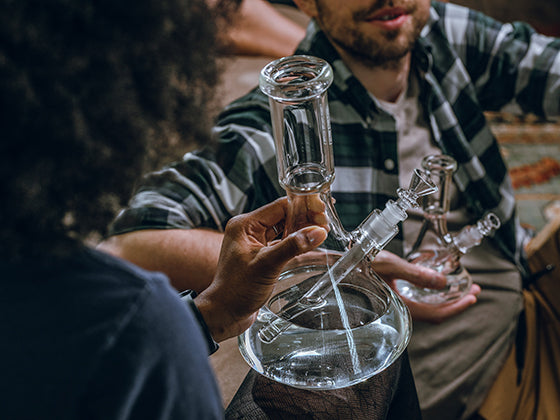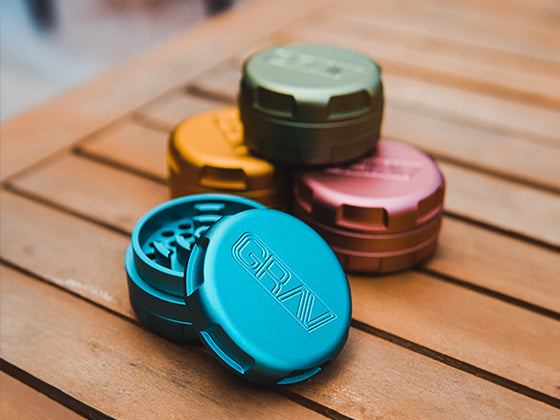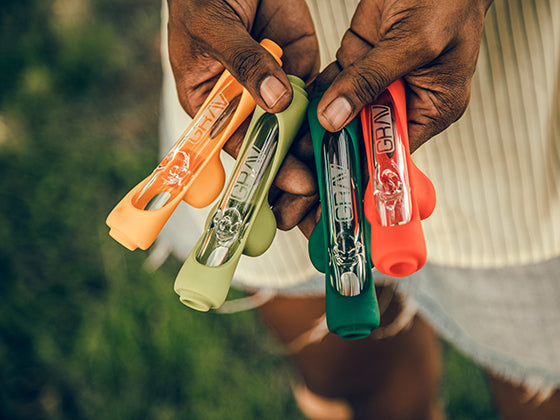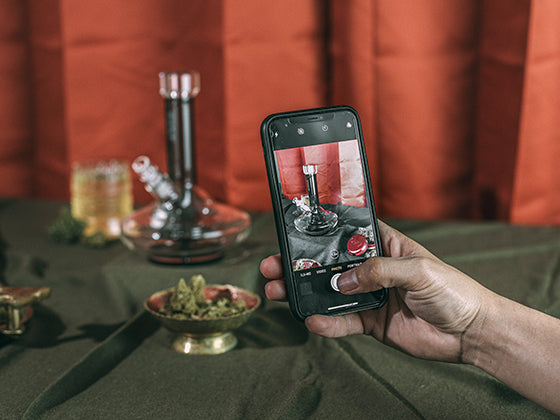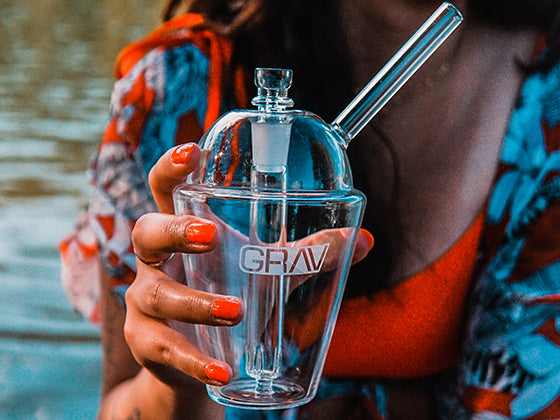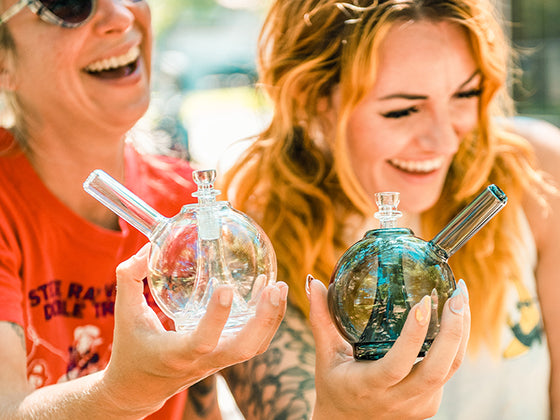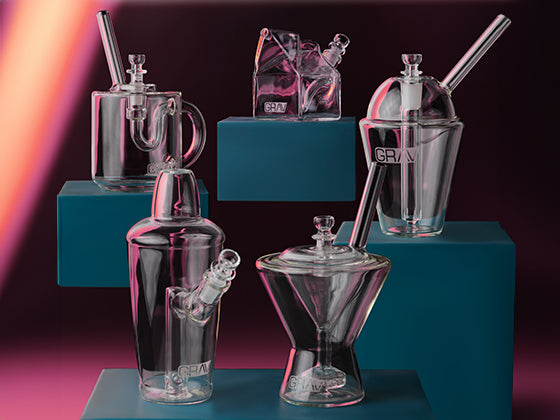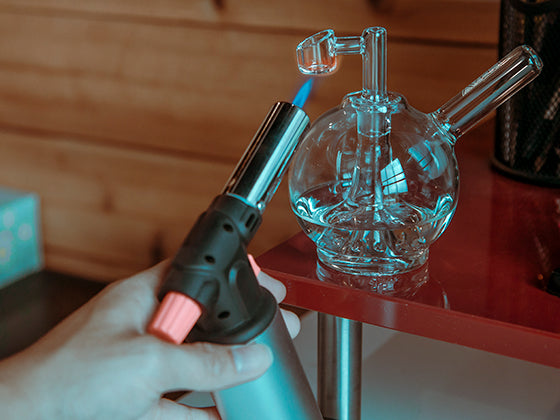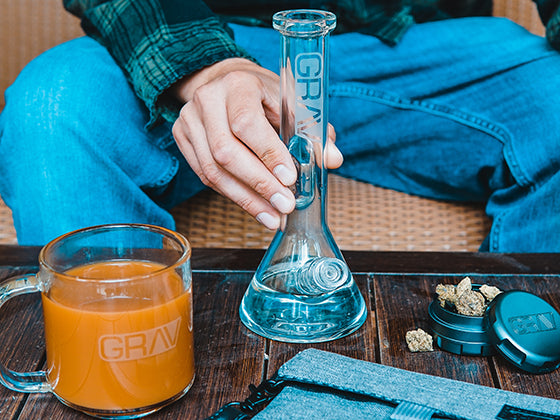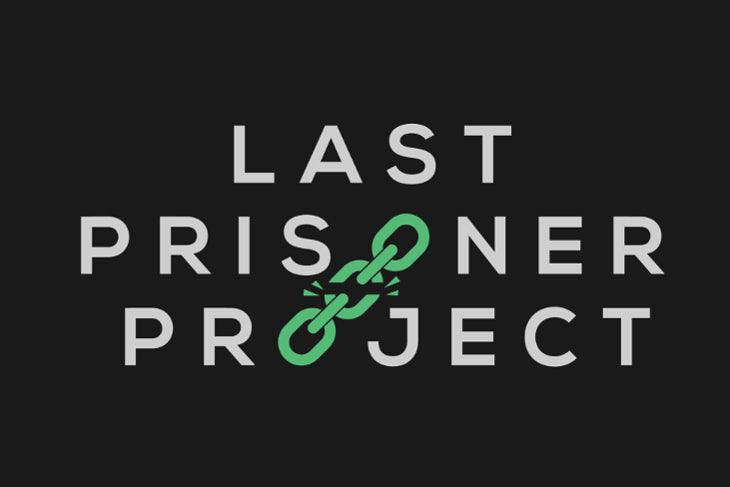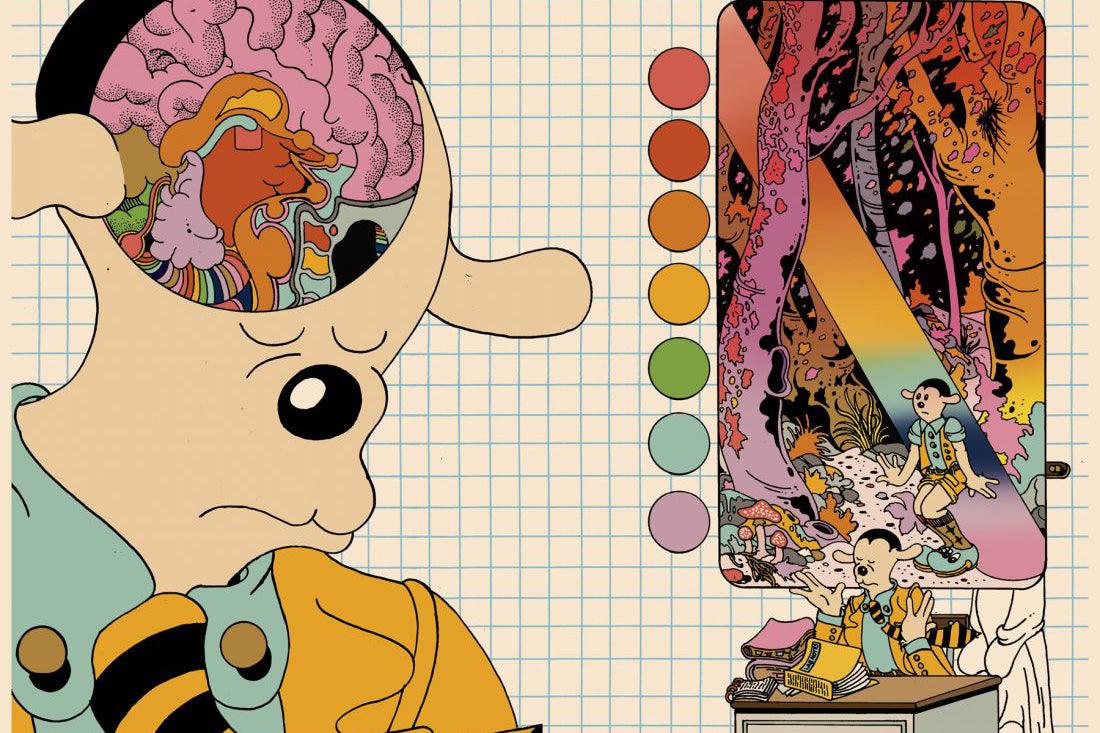Here at GRAV, we have a lot of fun with what we do.
But it’s important to remember that while we’re making cannabis-puns and designing ever-cooler ways to smoke, there are thousands of Americans incarcerated for this hobby nationwide.
Over half a million people were arrested in 2018 for marijuana law violations. That’s over a third of all drug law violations that year. And over 90% of those marijuana arrests were for possession only. Plus, despite nearly equal rates of use between white and minority smokers, black Americans are nearly 4x more likely to be arrested for marijuana violations.
The “War on Drugs” is costing the U.S. tens of billions of dollars every year. But the costs extend far beyond the monetary.
As of this writing, 33 states and the District of Columbia allow medical marijuana, and 11 states have legalized recreational use as well. Support for legalization across the country is at an all-time high (pun definitely intended).
The disparity between public opinion and state laws at this point is endlessly frustrating. People are being arrested in some states for using a substance that is completely legal in other states.
And still, citizens in all 50 states are sitting in jail right now for marijuana offenses. In Arizona, possession of any amount of marijuana is a felony, carrying a minimum jail sentence of four months. In Alabama, any amount can result in a jail sentence of one year and a maximum fine of $6,000. And in Florida, possession of less than 20 grams can result in a max jail sentence of one year — and this is a state where medical marijuana is legal!
Even in states where recreational use is currently legal, people are still incarcerated for “crimes” committed before legalization took effect. Overall, an estimated 40,000 Americans are in jails and prisons for cannabis-related offenses. In states with “three-strike” laws, some are even serving life sentences.
Enter the Last Prisoner Project.
LPP is a team of industry insiders, lawyers, artists, and former and current prisoners dedicated to righting the wrongs done to nonviolent marijuana offenders. Their advocacy features a three-pronged approach of seeking clemency, helping with reentry, and record expungement.
Clemency
In 2013, Corvain Cooper was arrested and found guilty for his role in a 2009 marijuana trafficking operation. He had packed and shipped cannabis across state lines and moved the money through several different bank accounts. Due to two prior drug felonies on his record for possession of marijuana and codeine, he was sentenced to life in prison under a three-strikes law.
Corvain’s sentence is longer than any of the other 50 people who were arrested in connection with the shipment. Even the person who was in charge of the operation received a lighter sentence.
Since his conviction, the first two felonies on Corvain’s record have been reduced to misdemeanors in North Carolina, where he was convicted. He has argued that he should no longer be sentenced under the three-strikes rule since his first two strikes are no longer felonies. And still, a North Carolina court has refused to reduce his sentence.
The Last Prisoner Project hopes to help people like Corvain (who is an advisor to the group). Post-conviction representation isn’t guaranteed by the U.S., meaning once the trial is over, you’re on your own. So LPP is working with the National Association of Criminal Defense Lawyers and governor’s offices in five states to push for statewide cannabis clemency initiatives. The hope is that by working with state governments, they’ll be able to share program details and assign volunteer attorneys to inmates, streamlining the process in each state.
Reentry
George Martorano was sentenced to life without parole in 1984 for dealing marijuana. He served 32 years of that sentence — the longest prison term for a nonviolent drug offender in U.S. history — before finally being released in 2015 as part of an attempt to reduce prison overcrowding. He now runs a legal CBD-based cafe in South Philadelphia, with plans to expand into a chain.
Most inmates, however, don’t have such a “happy ending” to their incarceration stories. As many as 79% of the formerly incarcerated are re-arrested within six years. Part of the problem is that a criminal record can make it incredibly difficult to get a job.
To help with this, LPP is starting its Prisoner to Prosperity Reentry Program, planning to launch in early 2020 in California. Working with Harvest House of Cannabis and other industry partners, the program plans to provide cannabis-industry vocational training and education and job placement. Training is expected to include computer and life skills, as well as education on cannabis terminology, basic medical marijuana information, and retail skills.
By working with industry partners to provide employment opportunities, formerly incarcerated individuals will have access to mentorship and continued support — without fearing that their past will be “found out” at their new job.
Expungement
With marijuana laws so radically different from state to state, the consequences of a charge or conviction on your record can affect the previously incarcerated in different ways. But it’s not uncommon for a cannabis conviction to hamper attempts at finding employment, housing, and public assistance.
Some states are implementing blanket expungements. Illinois, for example, will be automatically expunging convictions for possession of under 30 grams of cannabis when its new legalization bill goes into effect on January 1st. For people convicted of possession of 30 to 500 grams, they’ll have to petition the court to have their records expunged.
But for most, getting their records expunged is a manual process. LPP is working with clinics like National Expungement Week to help people get marijuana charges removed from their records. With a clean record, former inmates will have better access to work and housing, giving them a truly fresh start.

Working with LPP
What’s happened to non-violent marijuana users in this country over the past 50 years is shameful. Private companies and state governments are currently making tidy (legal!) profits by selling marijuana. Meanwhile, tens of thousands of inmates languish in prison for possessing or selling that same product.
Here at GRAV, we are looking forward to collaborating with Last Prisoner Project on some upcoming initiatives. We hope to help them raise awareness and funds so they can get these important projects off the ground. We hope you’ll stay tuned and support them as they fight to right these wrongs.
To donate to Last Prisoner Project, click here.
